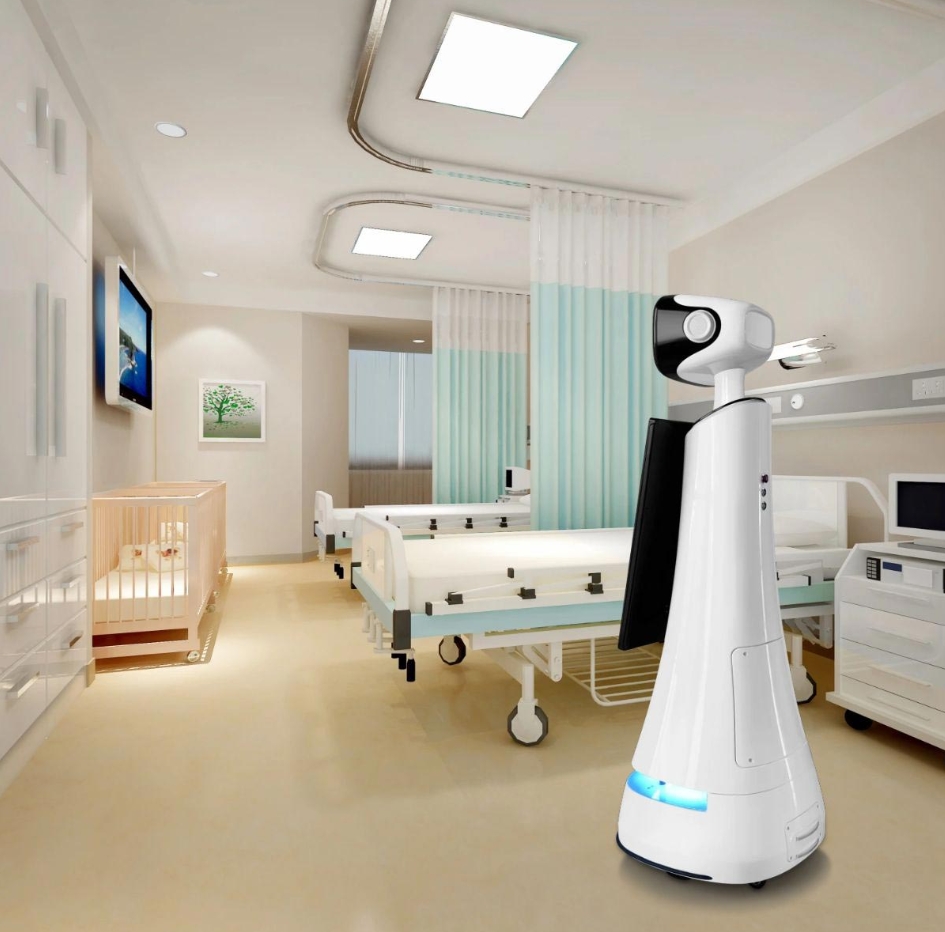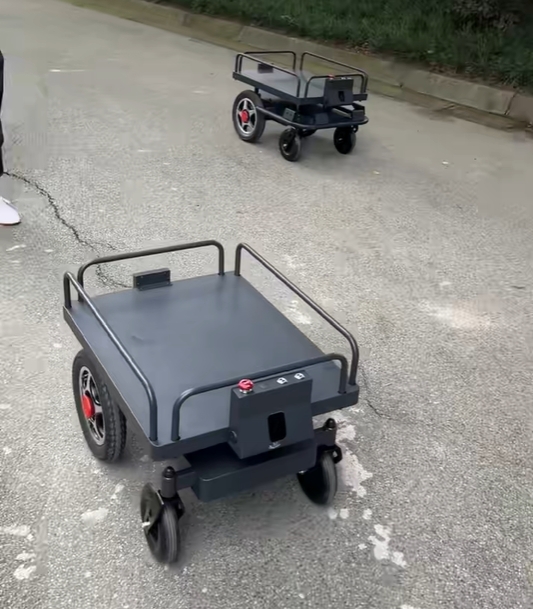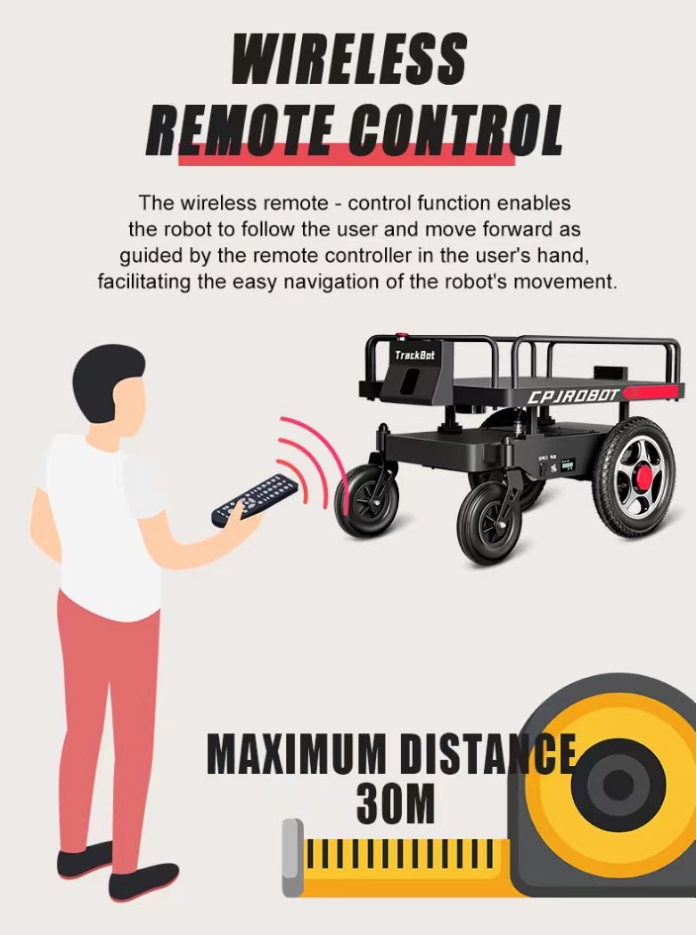Introduction
Intelligent customer service robots are revolutionizing the healthcare industry by enhancing efficiency, streamlining patient services, and providing accurate information. From automating patient interactions to offering personalized health advice, these robots play a critical role in transforming medical care delivery. Here are eight specific applications of intelligent customer service robots in the healthcare sector.

1. Medical Consultation
Intelligent customer service robots serve as the first point of contact for patients seeking medical advice. Equipped with natural language processing (NLP) and machine learning (ML), these robots can:
- Answer inquiries about diseases, symptoms, and treatment options.
- Provide medication guidelines and explain potential side effects. By reducing the burden on medical staff, robots improve efficiency and enhance patient satisfaction.
2. Appointment Scheduling and Reminders
Managing appointments is a key challenge in healthcare facilities. Customer service robots assist by:
- Helping patients schedule, modify, or cancel appointments.
- Sending automated reminders to reduce missed appointments. This functionality streamlines workflows and ensures a smoother experience for patients.
3. Patient Health Monitoring
For chronic disease patients, intelligent robots play a vital role in tracking health data. They can:
- Record symptoms, monitor vital signs (e.g., blood pressure, glucose levels), and upload data to healthcare systems.
- Remind patients to take necessary health readings. This helps healthcare providers stay informed and adjust treatment plans effectively.
4. Health Data Management
Intelligent customer service robots can help patients:
- Log and organize health metrics, such as diet, exercise levels, and weight.
- Analyze data to provide insights into overall health and lifestyle improvements. By managing this information, robots empower patients to take charge of their well-being.
5. Health Education and Disease Prevention
Robots assist in raising awareness about health and prevention by:
- Providing educational content on nutrition, fitness, and disease prevention.
- Offering advice tailored to specific health conditions. This function ensures patients have easy access to critical information for healthier lifestyles.
6. FAQ Automation
Robots handle frequently asked questions efficiently, such as:
- Clinic operating hours, doctor availability, and treatment processes.
- General medical inquiries about specific conditions. Operating 24/7, robots improve accessibility and ensure patients receive quick, accurate answers.
7. Personalized Health Plans
By analyzing user data like age, lifestyle, and medical history, intelligent robots can create tailored health plans. These include:
- Diet recommendations and fitness routines.
- Predictions of potential health risks with proactive solutions. This personalization helps patients make informed decisions to stay healthy.
8. Integration with Hospital Systems
Robots integrate seamlessly with healthcare systems to:
- Assist with billing inquiries and report retrievals.
- Manage medication reminders and streamline patient communications. Such integration enhances operational efficiency and creates a unified experience for both patients and healthcare providers.
Conclusion
The application of intelligent customer service robots in the healthcare industry is paving the way for more efficient and patient-centered care. From consultations to health monitoring, these robots bridge the gap between technology and healthcare services, improving outcomes for both patients and medical professionals. As advancements in AI and robotics continue, the role of these robots will only grow.
CPJ ROBOT specializes in the research, development, and manufacturing of POE LiDAR and service robots. With cutting-edge technology and customizable solutions, CPJ ROBOT helps healthcare providers revolutionize patient care and operational efficiency. Contact us today to explore how our innovative solutions can transform your healthcare services!





